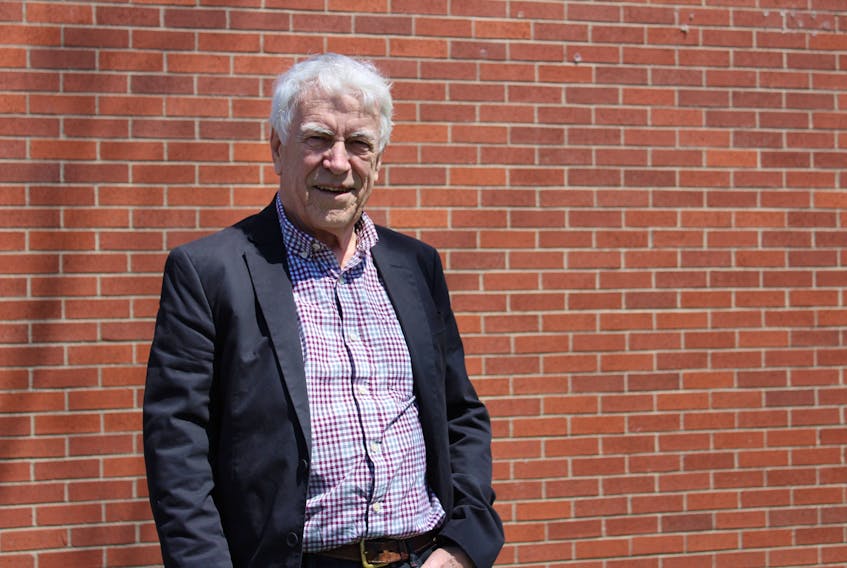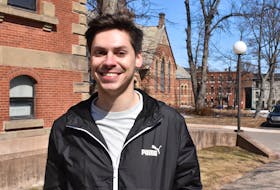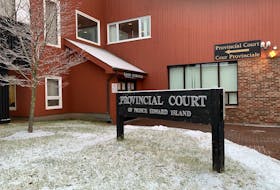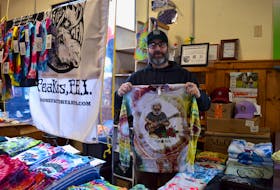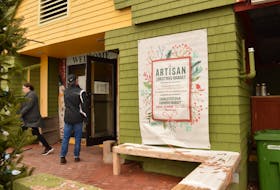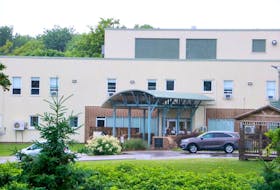When I heard that Silver Donald Cameron had passed away at age 82 on Sunday night, the first thing I thought of was the first time I met him: inside a tiny room in the Lord Nelson Hotel in Halifax in the summer of 1991.
We had somehow ended up in a tie for the Atlantic Independent Booksellers’ Choice Award.
There were, I recall, less than a dozen people seated there. I was still a mess: nervous about public speaking, humbled to be on stage with someone of his stature.
I don’t remember a single one of my words, read head-down in a stuttering fashion. What I do recall that afternoon was Cameron’s kindness: how he did what he could to settle me down; how during his remarks he was overly generous to a younger stranger.
“He was from that generation,” Margaret Atwood, who first met Cameron when he and her late-husband Graham Gibson were starting the Writers’ Union of Canada back in the 1970s, said when I recounted the story. “We all started from zero and felt that we should help other writers.”
He did this, of course, by example: with his scripts for radio and television, his magazine articles and newspaper columns, including for many years for this newspaper, as well as novels and non-fiction books on a startling array of subjects.
His 20th book, Blood on the Water, about the so-called murder for lobster case near Petit-de-Grat, will be published posthumously in August.
His brother, Kenneth Cameron, who has read it, told me that it contains his best work, because it features “all of his intellectual capabilities, his storytelling, his sense of justice, his respect for other cultures and wraps it up a hell of a good story.”
You see, Cameron, despite his prolific literary production, was more than just a man who wrote for a living.
“He was so interested in everything,” said his niece Amy Cameron, a television producer in Toronto, “He wanted to know everyone, to experience everything, to hear everyone’s stories and tell everyone’s stories.”
Meet her uncle just once and you saw it: the spark of spirit, the curiosity about all things that manifested itself in so many aspects of his multi-faceted life.
Born in Toronto but brought up in Vancouver, Cameron earned an MA from the University of California, and a PhD from the University of London. He headed east to teach English at Dalhousie University and later the University of New Brunswick.
“When he decided to pursue his future in other ways, as a freelance writer, he drove around various places in Nova Scotia,” recalled his brother.
Eventually, Cameron landed in D’Escousse, on Isle Madame in Cape Breton, where he could live his dream of “having a house by the sea and being able to look out his window and see his boat at its mooring.”
There he made a life that went far beyond sitting in a room, typing away.
“He was a respected writer,” as Atwood put it. “But he had more than one string in his bow.”
As well as helping create the Writers Union of Canada, Cameron founded Development Isle Madame and the unique community TV station CIMC-TV in Arichat. He also played a key role in the development of Cape Breton University, where, a year ago he became the first Farley Mowat Chair in the Environment.
In recent years he had hosted and co-produced The GreenInterview.com, an environmental website on which he interviewed such environmental activists and thinkers as Jane Goodall and David Suzuki.
“A long time ago he decided what he wanted to say to the world,” said his brother, “about the survival of human rights, about social justice and about respect for Indigenous communities in the world and what we can learn from them.”
Cameron never stopped really.
The last communication that Atwood received from him was dated March 29, a group email from The Green Interview, asking the question “When a pandemic strikes how can we help.”
The answer, from his point of view, was offering 28 days of the Green Interview for free and a deal on three books. One was his wife Marjorie Simmins’ new book about memoir writing.
He wrote the other two — a sailing voyage from Nova Scotia to Florida and a recounting of the Nova Scotia fishermen's strike that ran from 1970–71 — which were published 30 years apart.
“It is still a beautiful world,” the newsletter closed, “and human beings can still be a beautiful part of it.”
I’ll close this by saying that last time I saw Cameron was a couple of years ago, at another book award ceremony. I had lost, and must have cut a forlorn figure walking along Marginal Road near the Halifax waterfront in search of a cab.
Silver Donald, Marjorie and the writer Marq de Villiers were leaving at the same time. Cameron asked if I wanted a lift.
Under those circumstances that, of course, would have been a natural thing for someone to offer.
But on Monday I chose to remember it differently, as another kindness by a fine man.

